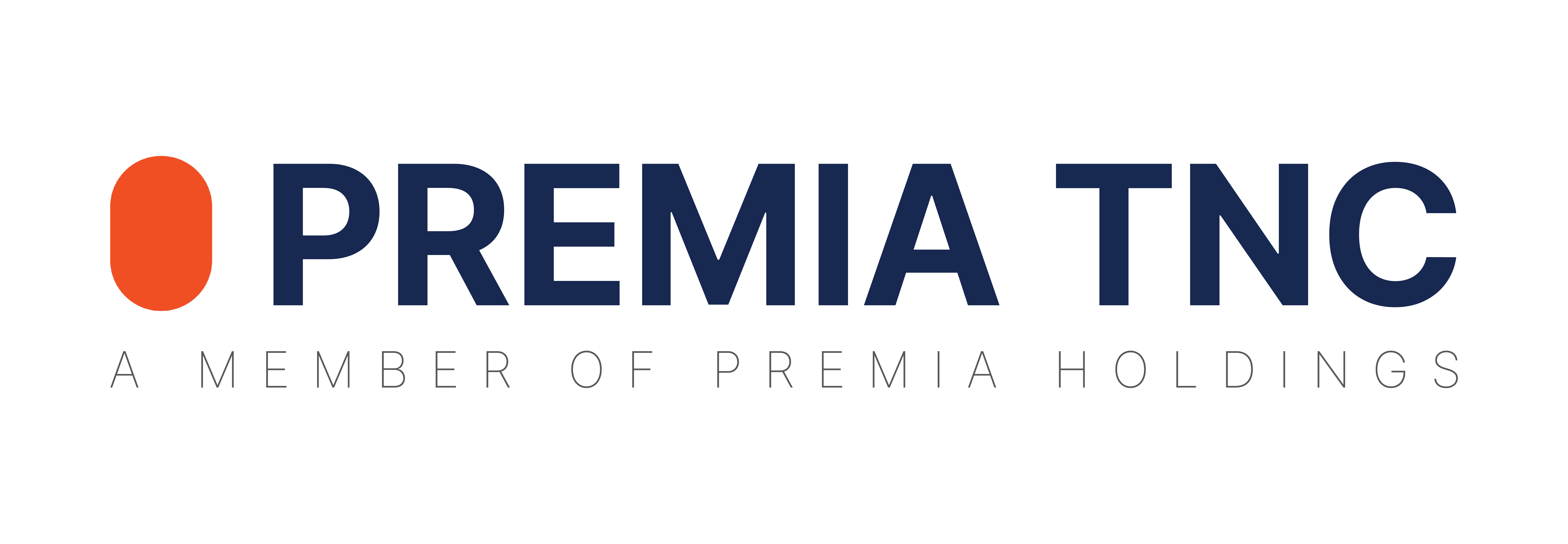



Foreign Investment Zones (FIZs) in South Korea have emerged as strategic hubs for global businesses seeking to expand their presence in Asia. These zones offer a plethora of benefits, tax incentives, and infrastructure support, making them attractive destinations for foreign investors. In this comprehensive guide, we delve into the world of South Korean FIZs, shedding light on their significance, types, advantages, and investment opportunities.
Understanding Foreign Investment Zones
Definition and Concept
Foreign Investment Zones, commonly known as FIZs, are specially designated areas within South Korea where foreign businesses can invest and operate with certain privileges and incentives. These zones were established with the primary objective of attracting foreign capital, fostering economic growth, and promoting technological advancements.
Objectives of FIZs
The key objectives of FIZs in South Korea are two-fold:
Promoting Foreign Investment: FIZs are designed to encourage foreign companies to invest in the country, thereby contributing to economic growth and job creation.
Encouraging Economic Growth: By attracting foreign capital, FIZs play a pivotal role in boosting South Korea’s economic development, facilitating the transfer of advanced technologies, and enhancing global competitiveness.
Types of Foreign Investment Zones
South Korea offers various types of FIZs to cater to the diverse needs of foreign investors. Here are the primary categories:
Free Economic Zones (FEZs)
FEZs are designated areas that provide favorable conditions for foreign businesses. These zones offer tax incentives, simplified administrative procedures, and access to cutting-edge infrastructure. Notable FEZs in South Korea include Incheon Free Economic Zone and Busan-Jinhae Free Economic Zone.
Free Economic Zones (FEZs)
FTZs focus on promoting international trade and commerce. Businesses operating in FTZs enjoy advantages such as simplified customs procedures, exemptions from customs duties, and logistical support. The most prominent FTZs in South Korea include Incheon International Airport Free Trade Zone and Busan New Port Free Trade Zone.
Science and Technology Parks
These zones are dedicated to fostering innovation, research, and development. They provide an ideal environment for technology-driven companies and institutions. Examples of well-known science and technology parks in South Korea are Daedeok Innopolis and Gwangju Techno Park.
Benefits of Investing in Foreign Investment Zones
Investing in South Korean FIZs offers several compelling advantages:
Tax Incentives
Foreign investors in FIZs benefit from tax reductions, exemptions, and credits. These incentives can significantly reduce the overall tax burden and increase profitability. Tax credits for research and development (R&D) activities are particularly attractive for innovative companies.
Infrastructure and Facilities
FIZs boast modern infrastructure, including state-of-the-art industrial parks, office spaces, and logistics facilities. This allows investors to set up operations quickly and efficiently, reducing startup costs and time.
Regulatory Advantages
FIZs streamline administrative processes, leading to faster approvals and reduced bureaucracy. This business-friendly environment simplifies compliance with local regulations, enhancing the ease of doing business.
Industries and Sectors Attracted to FIZs
Various industries and sectors find FIZs in South Korea particularly appealing:
Manufacturing
South Korea’s FIZs have attracted manufacturing giants, especially in industries like automotive manufacturing and electronics. The country’s skilled workforce and advanced infrastructure make it an ideal location for manufacturing operations.
Services and Finance
Foreign banks and financial institutions often establish a presence in FIZs, taking advantage of the regulatory benefits and proximity to international markets. Additionally, IT and software services companies thrive in these zones.
Research and Development (R&D)
South Korean FIZs are home to cutting-edge R&D centers and institutions. Biotechnology, pharmaceuticals, and scientific research flourish in these zones, driving innovation and technology advancement.
Eligibility and Requirements for Investment
To invest in South Korean FIZs, foreign investors must meet certain criteria and fulfill specific requirements:
Foreign Investors
Foreign investors can establish operations as foreign companies or through joint ventures with domestic partners. The choice depends on the investment objectives and regulatory constraints.
Investment Amount
South Korea stipulates minimum capital requirements for foreign investors. The investment approval process involves demonstrating the financial capacity to invest in the chosen FIZ.
Compliance with Local Laws and Regulations
Investors must adhere to South Korean laws and regulations, ensuring that their business activities are in full compliance with the legal framework.
Investment Procedures in FIZs
Navigating the investment process in South Korean FIZs involves several key steps:
Application Process
Foreign investors must submit a comprehensive application, including documentation outlining their investment plans and business objectives. These applications are reviewed by government agencies responsible for FIZs.
Licensing and Registration
Once the application is approved, investors must obtain necessary licenses and register their businesses with relevant authorities. This step ensures legal authorization to conduct operations within the FIZ.
Case Studies: Success Stories in South Korean FIZs
To illustrate the tangible benefits of investing in South Korean FIZs, let’s explore some success stories:
Company A: Manufacturing Excellence in an FEZ
This multinational automotive manufacturer established a production facility in an FEZ, taking advantage of tax incentives and a skilled workforce. The company achieved remarkable cost savings and expanded its market presence.
Company B: Technology Innovation in an FTZ
A leading IT company set up its research and development center in an FTZ, benefiting from simplified customs procedures and logistical support. The company achieved breakthrough technological advancements, enhancing its global competitiveness.
Company C: Research Breakthroughs in a Science Park
A pharmaceutical company chose a science and technology park to conduct advanced drug research. The collaborative environment and access to cutting-edge equipment led to significant scientific achievements.
Challenges and Considerations for Investors
While South Korean FIZs offer numerous advantages, investors must also navigate challenges:
Language and Cultural Barriers
Dealing with language and cultural differences can be a challenge. Effective communication and cultural sensitivity are essential to build successful partnerships.
Compliance and Regulatory Changes
Staying informed about regulatory changes is crucial. South Korea periodically updates its rules and regulations, impacting business operations.
Government Support and Initiatives
The South Korean government plays a pivotal role in supporting FIZs and foreign investors:
Role of the South Korean Government
Governmental bodies like the Ministry of Trade, Industry and Energy (MOTIE) and the Korea Trade-Investment Promotion Agency (KOTRA) actively promote FIZs and offer investment incentives.
Bilateral and Multilateral Agreements
South Korea has signed numerous free trade agreements (FTAs) and bilateral investment treaties (BITs) to protect foreign investments and facilitate trade with partner countries.
Sustainability and Future Prospects
South Korean FIZs are increasingly focusing on sustainability and future trends:
Environmental Considerations
FIZs are adopting sustainable practices, promoting eco-friendly initiatives, and encouraging green technologies to minimize environmental impact.
Future Trends in Foreign Investment Zones
Emerging industries, such as renewable energy, biotechnology, and artificial intelligence, are expected to drive the future growth of FIZs in South Korea. These zones will continue to adapt to global economic changes and technological advancements.
Conclusion
In conclusion, Foreign Investment Zones in South Korea represent a gateway to the Asian market for global investors. With a range of incentives, streamlined processes, and a supportive business environment, these zones offer a multitude of opportunities for foreign businesses to thrive. As South Korea embraces sustainable practices and advances in emerging industries, the future of FIZs in the country looks promising. For investors seeking growth and innovation, South Korean FIZs are indeed a strategic choice.






















